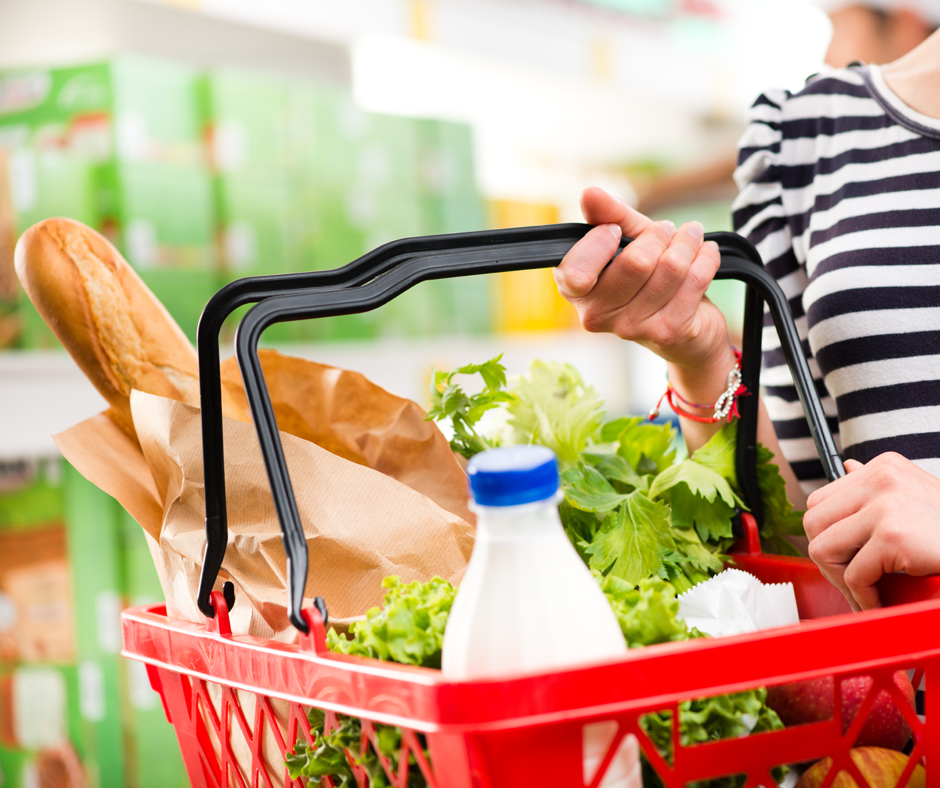Most of us don’t connect diet with kidney health. After all, the kidneys are normally associated with what comes out of your body, not what goes in it!
While it’s true that your kidneys filter waste into urine that’s flushed from the body, that’s not their only function. And like everything else in your body, they’re directly impacted by your daily nutrition – especially if you have kidney disease.
When your kidneys don’t work properly, they can’t filter waste and fluids as effectively. These can build up in the blood and body over time, causing widespread damage and worsening your kidney function. If you’re also eating foods that contribute to waste and fluid production, you’re only making it harder for your kidneys to do their job and keep you healthy.
But exactly which foods are killing your kidney health? For most patients with kidney disease, it’s foods that are high in sodium, potassium, and phosphorus – minerals the kidneys are designed to filter. Since mineral amounts can be hard to find on food labels, here’s an easier guide to what foods you should avoid if you have kidney disease.
1. Canned Foods
Canned foods may be convenient in terms of cost and cooking time, but they’re not so convenient for your kidneys. That’s because their long shelf life comes from tons of added salt, which also causes excessively high levels of sodium. If you must buy canned goods, opt for varieties with no added salt. You should also drain and rinse any canned items before cooking or eating to wash off excess sodium.
2. Processed Meats
Processed meats like ham, bacon, deli meats, sausage, and hot dogs are notoriously high in sodium and phosphorus. Some studies have even linked high amounts of processed meats to an increased risk of kidney cancer. Instead, try to buy whole, lean cuts of meat you can salt and season yourself.
3. Colas and Beer
Dark-colored colas and beers get their dusky hues from high amounts of phosphorus acid, which is added to prevent discoloration and enhance beverage flavor. It’s also easily absorbed by the kidneys and builds up in the blood more readily than phosphorus from natural sources.
4. Bananas
While their high fiber is great for your gut, the potassium-rich banana isn’t so kind to your kidneys. Other potassium-rich fruits include oranges, cantaloupe, honeydew, and most tropical fruits (though watermelon and pineapple are generally safe.)
5. Dairy Products
Dairy products like milk, yogurt, and cheese are high in nutrients, but they’re also strong sources of potassium and phosphorus. If you have late-stage kidney disease, consuming too much dairy can actually harm your heart and weaken your bones. It’s best to limit your intake of dairy products or substitute alternatives like almond or coconut milk.
6. Potatoes
Potatoes are a high-potassium vegetable, containing up to 1,000 mg in each large spud. Sweet potatoes, though lower in carbs, are only marginally lower in potassium levels. If you prefer potatoes in your diet, try boiling or soaking them in water before cooking to reduce the potassium level.

